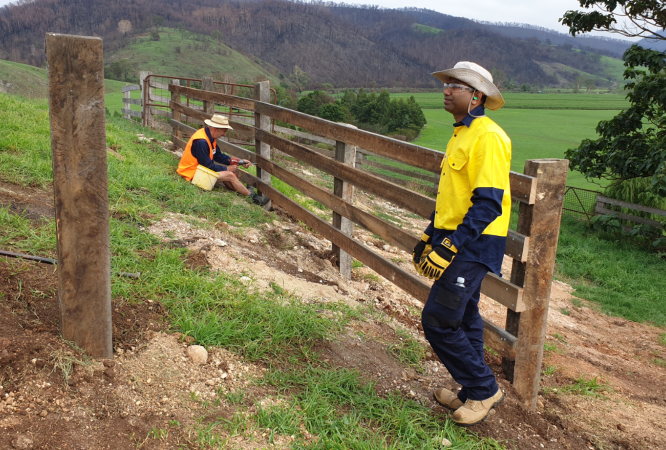Is there a range of fertiliser quality in the market?
Absolutely – you get what you pay for. In some countries, sometimes you don’t have large
factories producing one product. They might buy raw material from 10 different producers. This is why batch
numbers are important for traceability.
Is the origin of fertilisers a concern for industry today?
Growers should ensure they get the nutrient analysis they pay for on the relevant label, without getting extra salts
that can impact plant growth. They need to check the quality control that’s been in place.
Why should we be so concerned about this?
A: You may not get what you are paying for.
B: I t might contain impurities that can impact human health.
C: I f you are not receiving quality NPK fertiliser, you may be limiting your yield potential.
Is determining the quality of fertiliser becoming more critical?
Yes, because higher quality fertiliser uses less water, plus you get better quality produce. With less chloride, crops
can absorb more of the useful nutrients for growth and producing fruit.
How can growers look at guaranteeing the quality of the fertiliser they are using?
A: B uy from a reputable supplier.
B: A sk for a certificate of analysis (COA ).
C: M ake sure the COA correlates with the batch number on the bag.
Do all suppliers use batch numbers and COA?
Not all suppliers do. This is why it’s important to buy from a reputable supplier, or agent who is directly supplied by the
manufacturer of the fertiliser, rather than a supplier who may be a trader in fertiliser.
What does Haifa do to guarantee quality?
Haifa checks every batch in its own manufacturing laboratory. It provides a COA with the products it
manufactures. The COA will correspond with the batch numbers on the bags.




